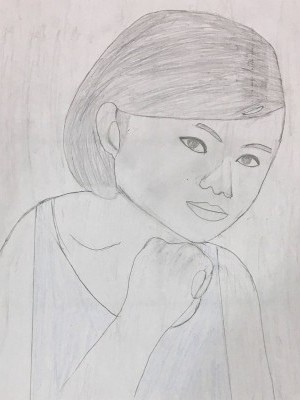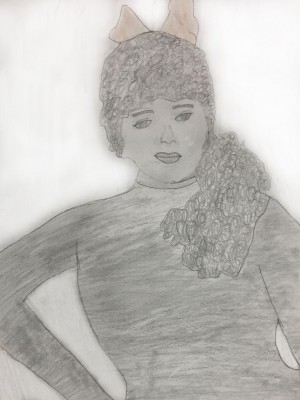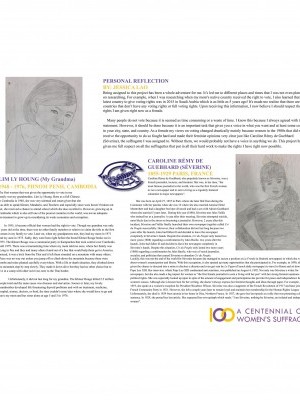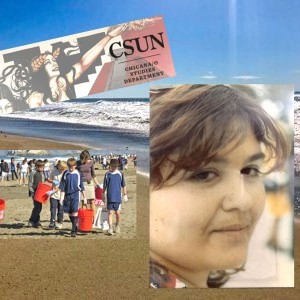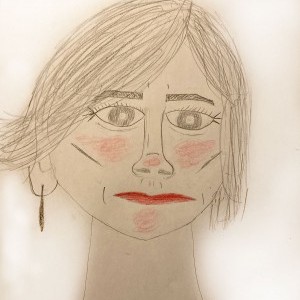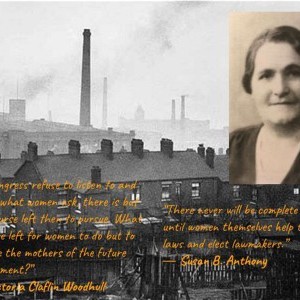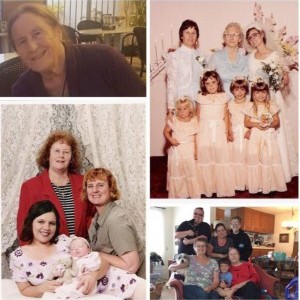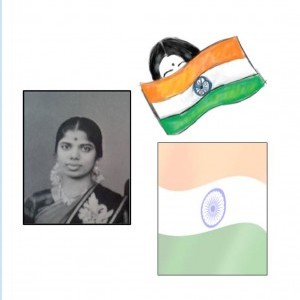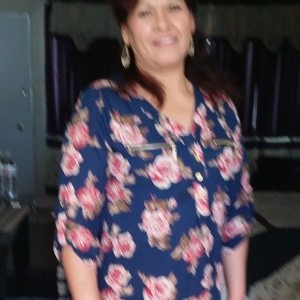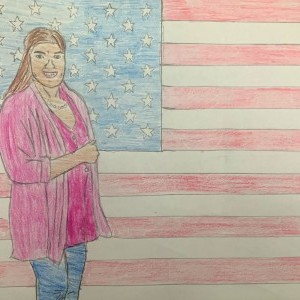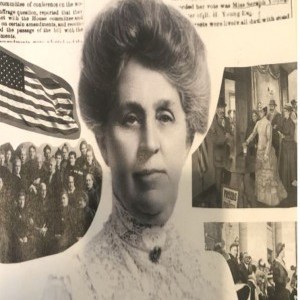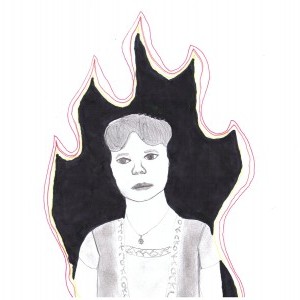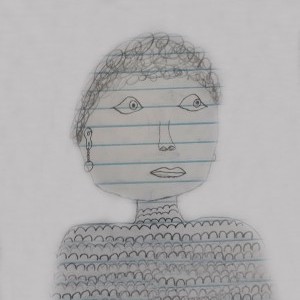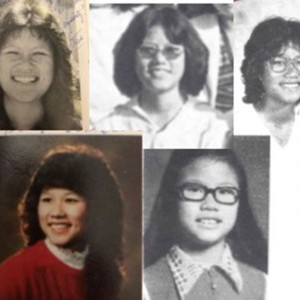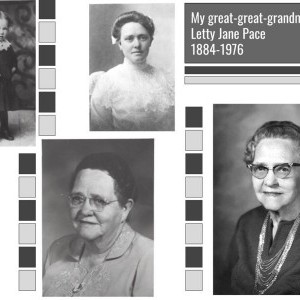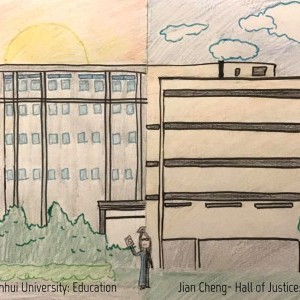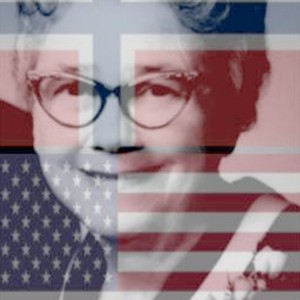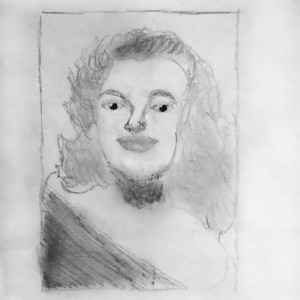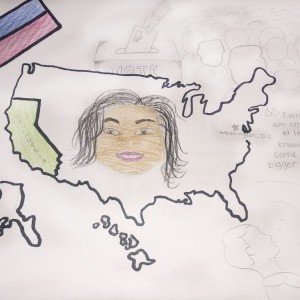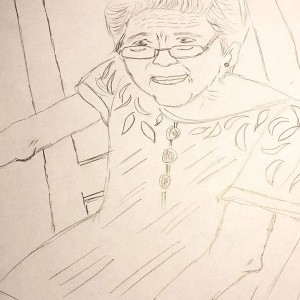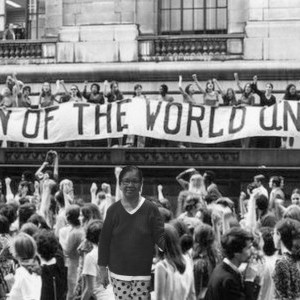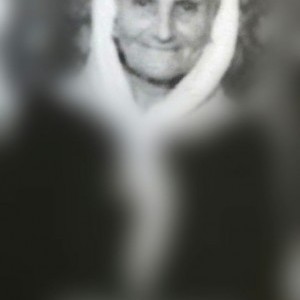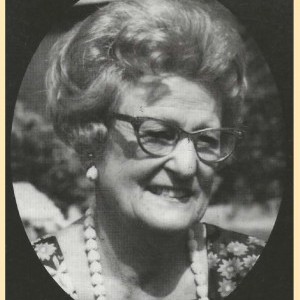Jessica Lao
Adolfo Camarillo High School | Camarillo, CA | 10th
Inspirational Family Member
Lim Ly Huong
The first woman that was given the opportunity to vote in my family was my grandmother, Lim Ly Huong. Born as a full Chinese in Cambodia in 1948, she was very talented and smart given that she was able to speak Khmer, Mandarin, and Teochew. And, especially since wars hadn’t broken out yet, she received a chance to attend school, which she also excelled in. However, growing up in Cambodia which is also still one of the poorest countries in the world, was not an adequate environment to grow up in considering its weak economy and corruption.
In 1955, it became official that women had the right to vote. Though my grandma was only 5 years old at the time, there was no other family member or relative to claim the title as the first woman in my family to vote. Later on, when my grandparents met, they had my mom in 1971 and my aunt in 1973. Sadly, they were born right before the brutal Khmer Rouge broke out in 1975. The Khmer Rouge was a communist party in Kampuchea that took control over Cambodia until 1979. There was a traumatizing time which my mom once told me about when her family was trying to flee and they and many others found out of a bus that would help them get to America. Instead, it was a trick from the Thai and it left them stranded on a mountain with many others. There was no way out unless you jumped off or climbed down the mountain and there were bombs and mines planted everywhere. With a life or death situation, they climbed down the mountain step by step slowly. They made it down alive but they had no other choice but to live in a camp with other survivors next to the Thai border.
Fortunately, it did not last long for my grandma. The Khmer Rouge killed 2.5 million people total and the main cause was diseases and starvation. Sooner or later, my lovely grandmother developed life threatening thyroid problems and with no treatment, medicine, hospital, money, doctors, or food, the time would come when she would have to go and leave my mom and her sister alone at age five and three in 1976.
Historical Figure I Admire
Caroline Rémy de Guebhard
Caroline Rémy de Guebhard, also popularly known as Séverine, was a French journalist, lecturer, and feminist. She was, in her time, “the most famous journalist in the world, who was the first French woman to run a newspaper and to earn a living as a regularly featured columnist in major newspapers”.
She was born on April 27, 1855 in Paris where she later fled from during the Commune with her parents. When she was sixteen she married Antoine Henri Montrobert and had a daughter but later divorced him and had a son with Adrien Guebhard in 1880 whom she married five years later… During this year (1880), Séverine met Jules Vallès who trained her as a journalist. A year after their meeting, Séverine attempted suicide, most likely due to the stress on becoming a journalist. However, two years after this incident, Séverine and Vallès finally launched their own newspaper together called Le Cri du Peuple (Cry of the People) successfully.
However, their collaboration did not last long because two years after the launch, Jules had fallen ill and decided to leave the newspaper completely in Séverine’s hands. Despite this situation, Le Cri du Peuple only lasted two more years (1888) because of Jules Bazile, who was a French journalist, socialist, and politician, who caused Séverine to abandon Le Cri du Peuple. Luckily, this was not the end of the world for Séverine because she managed to secure a position at La Fronde (a feminist newspaper) in which she wrote about women’s emancipation and liberty. With this occupation, it also opened up many opportunities that she participated in. For example, in 1890, she was given the chance to descend into a mine to disclose a disaster and even got sent by Le Figuro (French daily newspaper) to travel to Rome and sit down with Pope Leo XIII. Her interview, in which Pope Leo XIII condemned anti-Semitism, was published on August 4, 1892.
Not only was Séverine a writer for newspapers, but she also made a big impact for women as “the first female journalist to earn a living with her pen” with her strong feminist opinions of political rights. She was especially remembered for this achievement in spite of the amount of engagement and participation she put into peace and independence for women's causes. Although she is known best for her writing, she didn’t always express her feminist thoughts and ideas through paper. For example, in 1919, she spoke at a women's reception for President Woodrow Wilson. Séverine was also a supporter of the Russian Revolution of 1917 and later joined the French Communist Party in 1921. However, she left a couple years later to remain loyal and maintain her membership for the Human Rights League. Unfortunately, she died in 1929 from uremia in her home in Oise, Northern France. In 1927, she gave her last speech at a rally that was protesting a death sentence. In 1929, she posted her last article. She requested her own epitaph which reads: “I am Séverine, nothing but Séverine, an isolated and independent woman".
SOURCES +
What the Project Means to Me
Being assigned to this project has been a whole adventure for me. It’s led me to different places and times that I was not even planning on researching. For example, when I was researching when my mom's native country received the right to vote, I also learned that the latest country to give voting rights was in 2015 in Saudi Arabia which is as little as five years ago! It's made me realize that there are still countries that don’t have any voting rights or full voting rights. Upon receiving this information, I now believe I should respect the rights I am given right now as a female.
Many people do not vote because it is perceived as time consuming or a waste of time. I know this because I always agreed with this statement. However, it should be done because it is an important task that gives you a voice in what you want and at least some control in your city, state, and country. As a female my views on voting changed drastically mainly because women in the 1900s, who did not receive the opportunity to vote, fought hard and made their feminist opinions very clear just like Caroline Rémy de Guebhard (Séverine), the suffragette. Without them, we would probably not have a voice in anything we do. This project has given me full respect on all the suffragettes that put in all their hard work to make possible the rights I have right now.
Explore the Archive
More From This Class
Click on the thumbnails below to view each student's work.Deadline Extended
There's still time to join Women Leading the Way.
Become a part of our storytelling archive. Enroll your class today.
Join the Project

